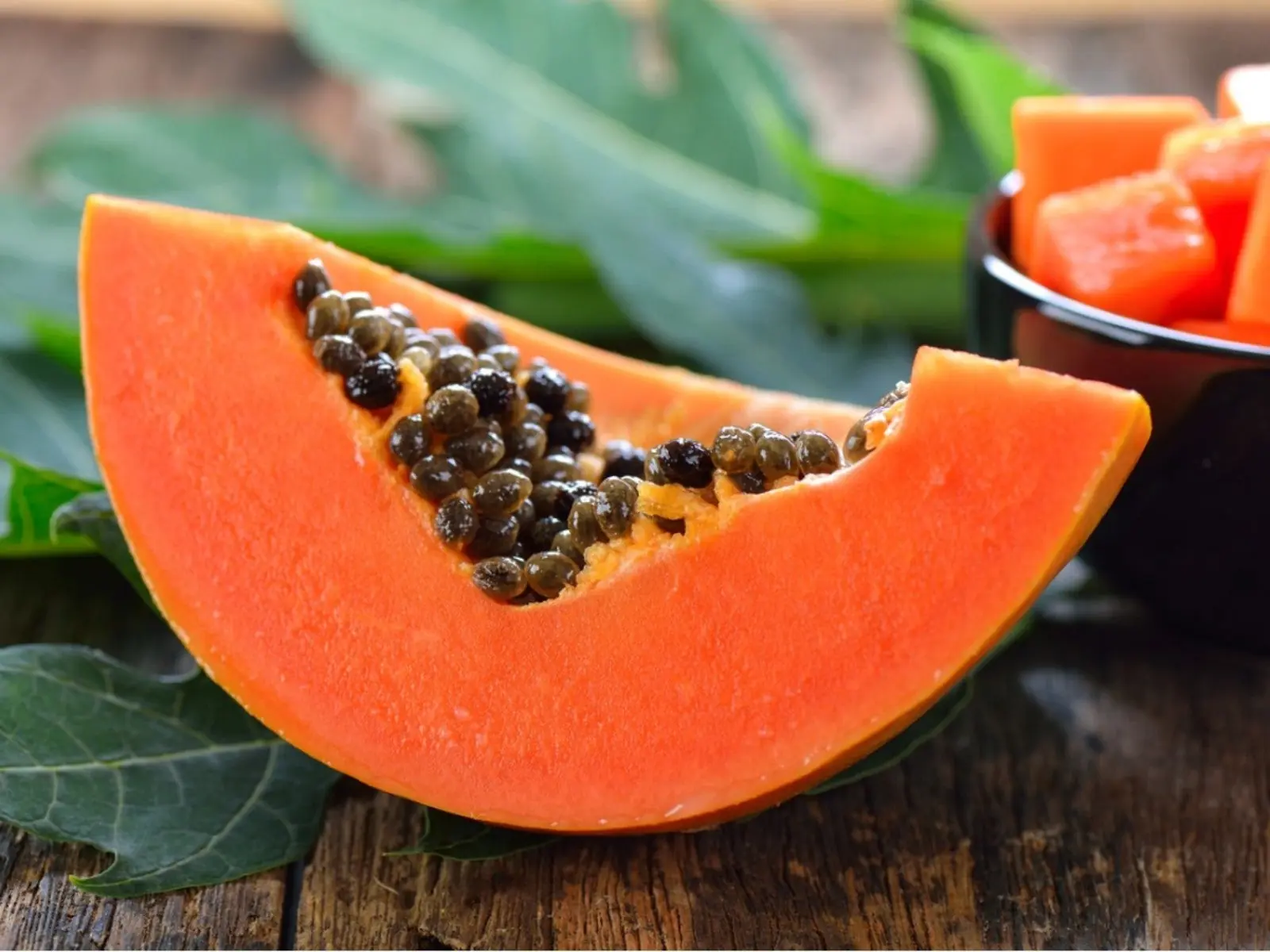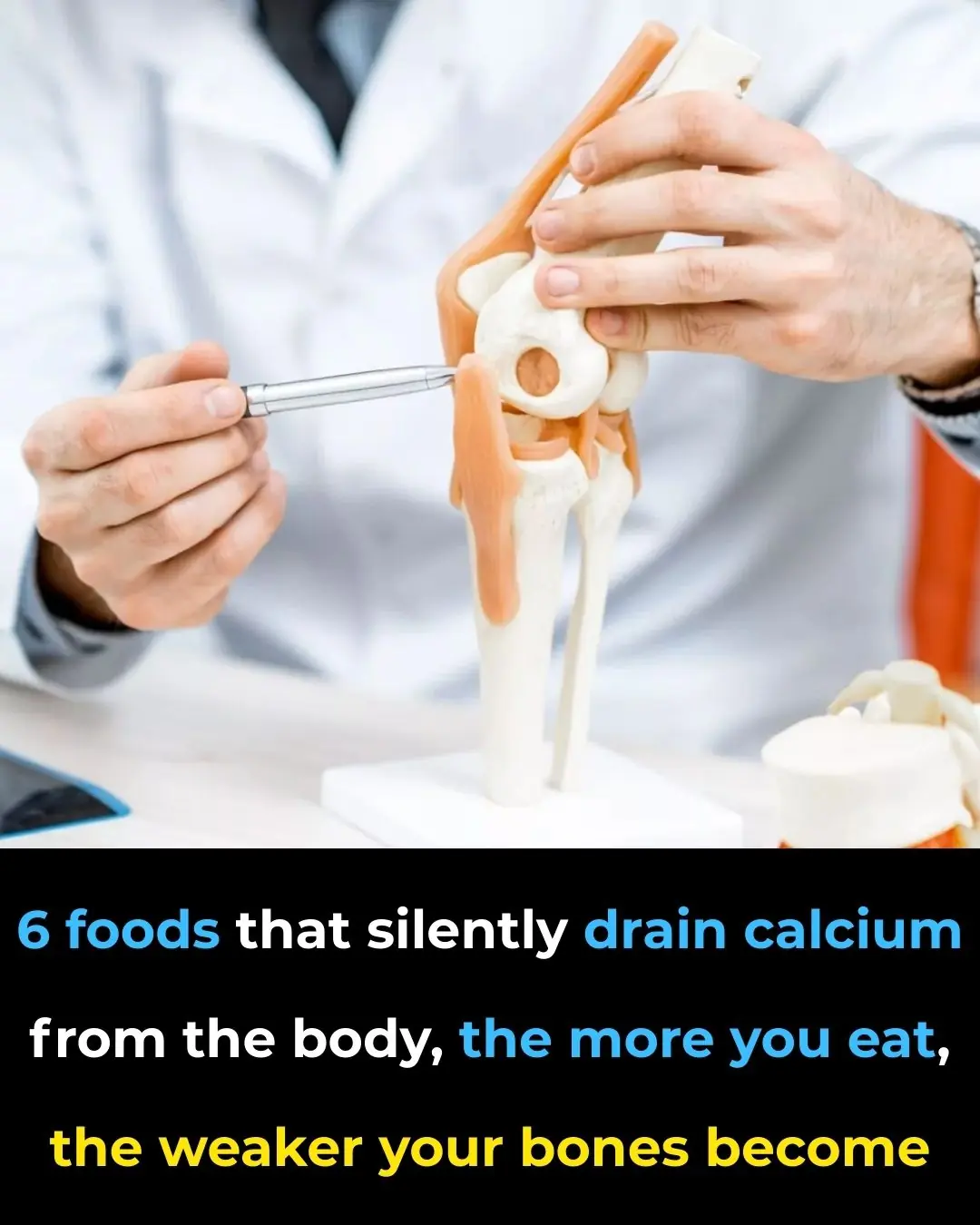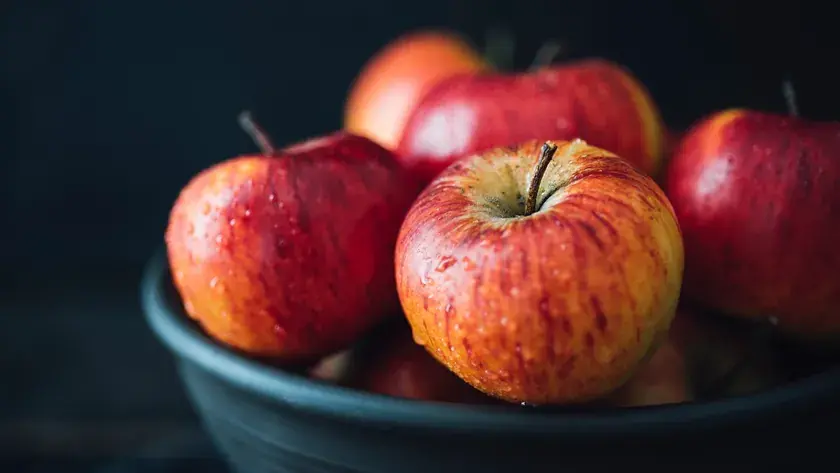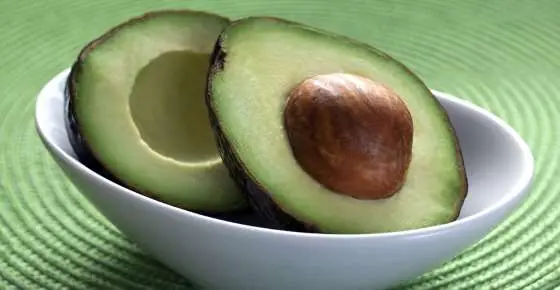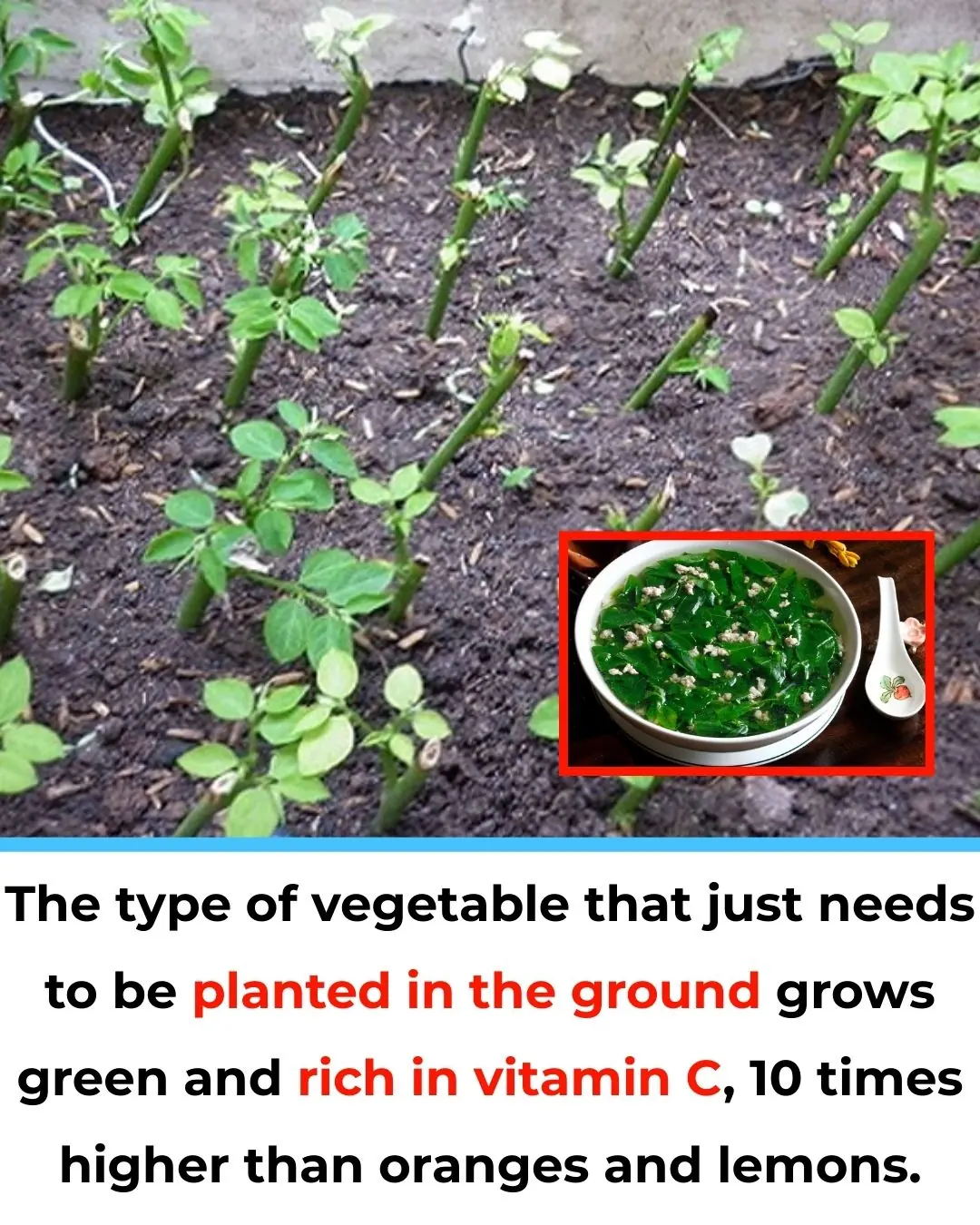TOPLINE:
A higher consumption of cruciferous vegetables such as broccoli and cauliflower was associated with a notably reduced risk for colon cancer (CC), with an optimal intake of 40-60 g/d providing a risk reduction of 20%-26%.
METHODOLOGY:
- Previous meta-analyses have studied the association between the intake of cruciferous vegetables and the risk for CC; however, the quantitative dose-response relationship remained uncharacterized, limiting insights for dietary guidance.
- Researchers performed a systematic review and meta-analysis of 17 studies (seven cohort and 10 case-control studies) to analyze the dose-response association between the consumption of cruciferous vegetables and CC risk.
- Studies were included if they enrolled adults without CC at baseline (cohort studies) or adults with diagnosed cases who were matched with control individuals (case-control studies), quantified the dietary intake of cruciferous vegetables through standardized questionnaires, and included comparator groups with lower or no intake of such vegetables.
- The studies included 639,539 participants, of whom 97,595 had CC. Incident cases of CC were confirmed via medical records, pathology, registries, or validated self-report.
TAKEAWAY:
- A pooled analysis revealed that people who consumed the largest amounts of cruciferous vegetables had a 20% lower risk for CC than those who consumed the lowest amounts.
- A dose-response analysis showed that risk reduction was near maximal at an intake of 40-60 g/d (odds ratio, 0.74-0.8), with benefits plateauing beyond this range.


